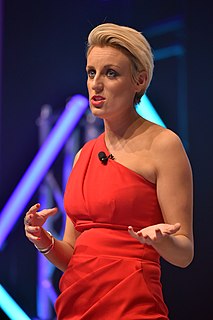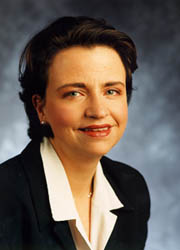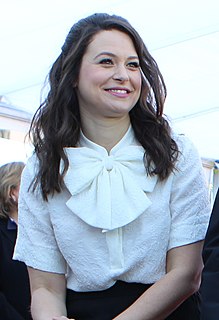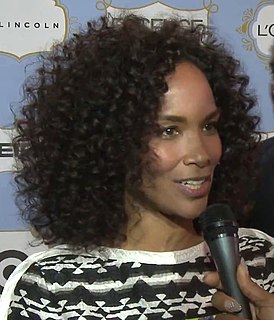A Quote by Pat Conroy
The most powerful words in English are, 'Tell me a story.'
Quote Topics
Related Quotes
The most powerful words in English are 'Tell me a story,' words that are intimately related to the complexity of history, the origins of language, the continuity of the species, the taproot of our humanity, our singularity, and art itself. I was born into the century in which novels lost their stories, poems their rhymes, paintings their form, and music its beauty, but that does not mean I had to like that trend or go along with it. I fight against these movements with every book I write.
So often with beginning writers, the story that they want to start with is the most important story of their life - my molestation, my this, my horrible drug addiction - they want to tell that most important story, and they don't have the skills to tell it yet, so it ends up becoming a comedy. A powerful story told poorly becomes funny, it just makes people laugh behind their hands.
It's only a story, you say. So it is, and the rest of life with it - creation story, love story, horror, crime, the strange story of you and I. The alphabet of my DNA shapes certain words, but the story is not told. I have to tell it myself. What is it that I have to tell myself again and again? That there is always a new beginning, a different end. I can change the story. I am the story. Begin.
In the most basic way, writers are defined not by the stories they tell, or their politics, or their gender, or their race, but by the words they use. Writing begins with language, and it is in that initial choosing, as one sifts through the wayward lushness of our wonderful mongrel English, that choice of vocabulary and grammar and tone, the selection on the palette, that determines who's sitting at that desk. Language creates the writer's attitude toward the particular story he's decided to tell.
People have taught me what most doctors don't learn, in other words, when somebody does better than expected, the doctor will tell them they're doing very well and to keep it up. I learned to say, "You didn't die when you were supposed to so what's going on?", and they always had a story to tell me.
Vera said: 'Why do you feel you have to turn everything into a story?' So I told her why: Because if I tell the story, I control the version. Because if I tell the story, I can make you laugh, and I would rather have you laugh at me than feel sorry for me. Because if I tell the story, it doesn't hurt as much. Because if I tell the story, I can get on with it.




































